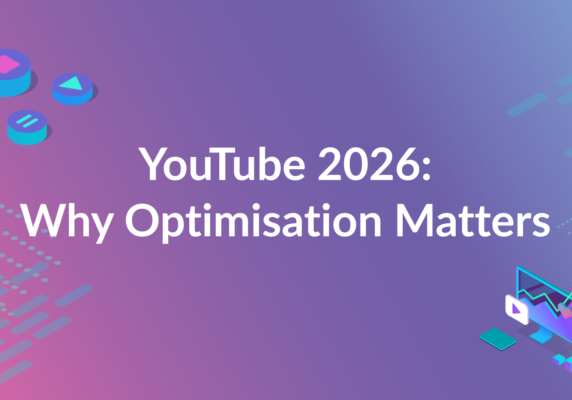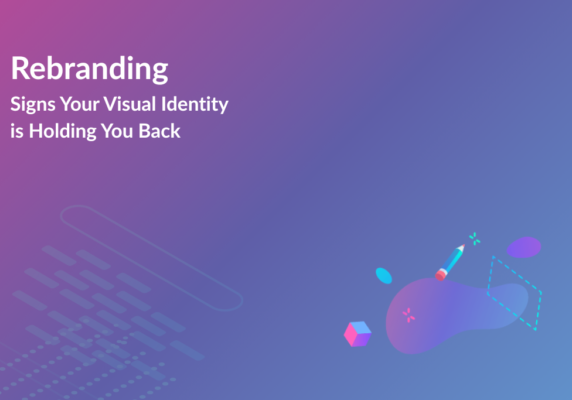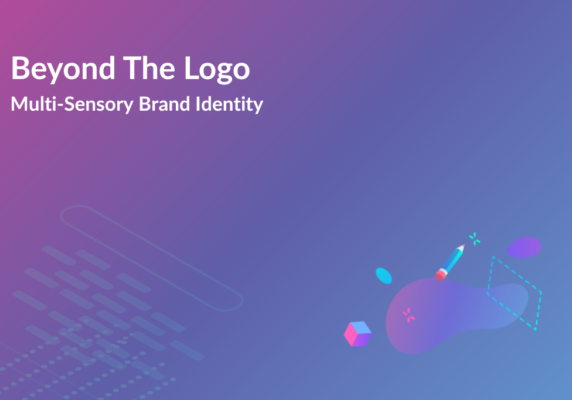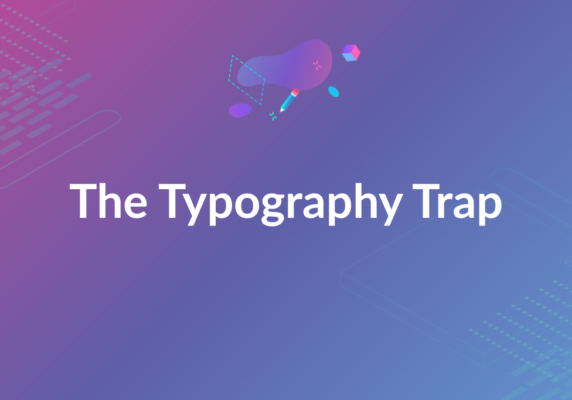Maverick Marketing – How to Balance Provocation Tactics with Mass Market Appeal?
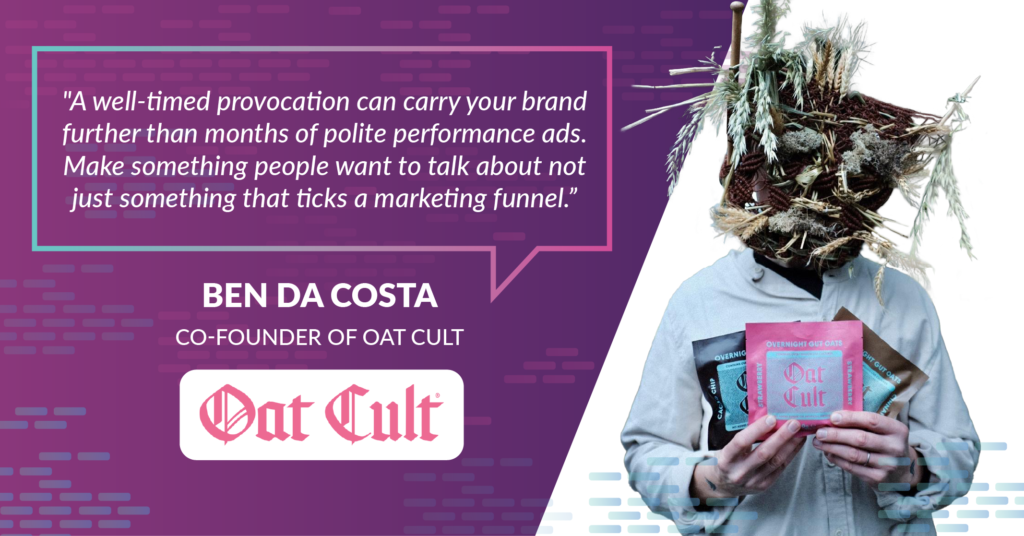
Welcome Ben Da Costa to our Marketing Experts Corner. Ben is the Co-Founder and creative force behind over-night oats sensation, Oat Cult. We discuss their brand philosophy, AI augmented campaigns and how to provoke a reaction from consumers in the early stages of a business.
We first became aware of your brand from your horror-inspired Ad on LinkedIn. Was this your first leading piece of content and how did you come up with the idea?
Yes, it was our first big piece of content (we’re barely a month old) and we knew LinkedIn would be the perfect place to launch it. There’s a strong creative audience there, and if you’re going to do something a bit wild and provocative, it’s a good space to get attention from the right people early. The idea came from flipping the usual wellness trope; no soft lighting, no smiling yoga people, no spoonfuls of beige. Just something bold, slightly unhinged, and totally ownable. It wasn’t meant to convert oat buyers overnight. It was meant to spark a conversation, get people intrigued, and start building our world.
How important is the idea of a ‘cult’ to your brand?
Massive. ‘Cult’ is doing a lot of heavy lifting. It’s not just about building a following, it’s about cultures. Gut cultures, food cultures, brand culture. We’re obsessed with oats and bacteria and making breakfast less boring, but we’re also trying to create a feeling people want to be part of. It’s playful and a bit provocative. But behind it is a serious intent: to build a brand with personality, purpose and people who actually care.
You tested the Ad with research company System 1, who measure the emotional impact of some of the world’s leading Ads. What did you learn from that experience?
So, System1 actually reached to test. I think because of the impact our film was having on Linkedin. When they came back to us with the results we were the worst testing cereal ad they’d ever seen. Which we found kind of brilliant. We knew it would bomb in that framework the system is built to measure emotional response in traditional formats, and what we made was deliberately unconventional. That doesn’t mean the platform isn’t useful, it’s just better for iterating or refining, not testing something made to break the rules. Our film wasn’t a typical launch ad. It was designed to provoke and start conversations. And it did, Ad of the Week in The Grocer, a tonne of coverage, and a lot of people saying “What is this brand?” Exactly what we wanted.
Comparisons could be made with another ‘maverick’ brand, Liquid Death. Are you inspired by brands like that and what have you learnt from them?
Of course. We knew that comparison would come. We were both creative directors, both launched into ‘boring’ categories, and both started by making something that felt more like entertainment than advertising. And yeah, I really admire what they’ve built. But we’re not copying anyone. I think the proof that we’ve landed is in who’s watching, we’re now followed by the founders of most of the big brands in our category. They’re checking my LinkedIn daily. I think we’ve rattled a few cages. But they can relax, we won’t suddenly start making ads with pots on windowsills or gym bros smiling at the camera.
For companies trying to break the market in the competitive space of health foods, can you share some of your marketing tactics?
Be really specific. Know who your people are and don’t water it down to appeal to everyone. That’s when you become forgettable. Also take risks early. This is the one time in your brand’s life where you can go big and weird without a boardroom full of people saying “let’s not scare the buyers.” A well-timed provocation can carry your brand further than months of polite performance ads. And if you’re going to spend money, make something people want to talk about not just something that ticks a marketing funnel.
You’ve had some experience using AI platforms in your previous roles, do you plan to use AI in any upcoming campaigns?
Definitely. AI isn’t a magic wand, but it’s brilliant for speeding up the messy creative phase mocking stuff up, writing options and generating references. It gives you more time to actually think about what you’re trying to say. And there’s real potential in using it for consumer insight, understanding the emotion behind why someone eats what they eat. That kind of depth is gold if you can tap into it right.
Other than selling lots and lots of tasty oat meals, what are you hoping to achieve with the Oat Cult brand in the next year or so?
We want to build a brand that doesn’t just sit in your fridge it lives in your head. One you’re proud to share. One that makes the other stuff on shelf look boring. We’ve got new formats coming, new stockists, some fun collabs we’re cooking up but the goal is the same: make breakfast feel like a daily little rebellion.
I’ve noticed on social media that nutritionists, doctors etc. are challenging the nutritional value of oats. Where do you think that has come from?
It’s a mix of clickbait, context collapse, and diet tribalism. Oats used to be the wellness golden child, but now we’re in a cycle where the easiest way to go viral is to say, “This healthy food is actually bad for you.” Most of the criticism comes from a few key angles: blood sugar spikes, phytic acid, or the idea that oats are too high in carbs to be healthy.
But here’s the thing: it all depends on how you eat them. If you’re eating instant oats with sugar and no protein or fat, yes, you’ll get a blood sugar spike. But if you’re eating oats the way we do, with live cultures, chia seeds, good fats, and no added sugar, they’re balanced, slow-releasing, and good for your gut.
There’s also been some chat about phytic acid, which supposedly blocks mineral absorption. But soaking oats overnight actually reduces that and unless you’re eating kilos of raw oats a day, it’s a non-issue.
At the end of the day, oats are still one of the most evidence-backed foods for heart health, cholesterol, and fibre. And fermented overnight oats like we make only enhance those benefits. So no, we’re not scared of the hot takes.
Many thanks Ben, a brilliant insight to a truly inspiring and exciting new brand. We wish you and your team the very best with it.
Please check out Oat Cult and follow Ben’s creative journey on LinkedIn.


